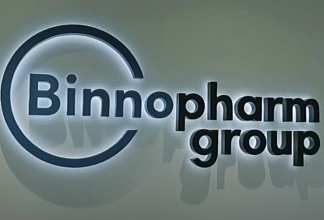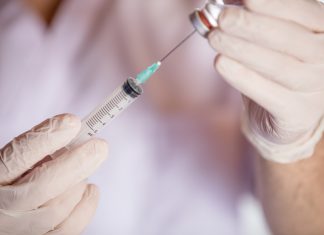Japanese Takeda has received a Russian registration certificate for Adenovate (INN rurioctocog alpha pegol), intended for the treatment of hemophilia A, the company reports. The new drug is a recombinant blood clotting factor VIII with a long half-life.
Adenovate has been approved by regulators in other countries, including the FDA (US Food and Drug Administration) and the EMA (European Medicines Agency).
Hemophilia A is a rare genetic disease caused by the congenital absence of clotting factor VIII in the blood. Patients with blood clotting factor deficiency face the threat of haemorrage into soft tissues, joints and internal organs, which can lead to disability and death. Various loads and injuries can provoke bleeding, so patients with hemophilia A are forced to limit their physical activity. An injury which does not present a risk for a healthy person, such as a cut, in patients with hemophilia can cause uncontrolled prolonged bleeding. Since the disease is currently incurable, patients need regular medical support.
Blood clotting factor VIII is used intravenously for the treatment and prevention of bleeding in patients with hemophilia A. Adenovate has an extended half-life, so it can be administered only to twice a week to provide highly effective therapy. The use of the drug helps to reduce spontaneous bleeding and completely prevents the risk of hemoarthrosis, bleeding into joints.
Takeda is a global, research and development-driven pharmaceutical company. The company’s research activities are aimed at creating new drugs in a number of therapeutic areas: oncology, gastroenterology, neurology and the treatment of rare diseases, as well as the development of blood plasma preparations and vaccines.




